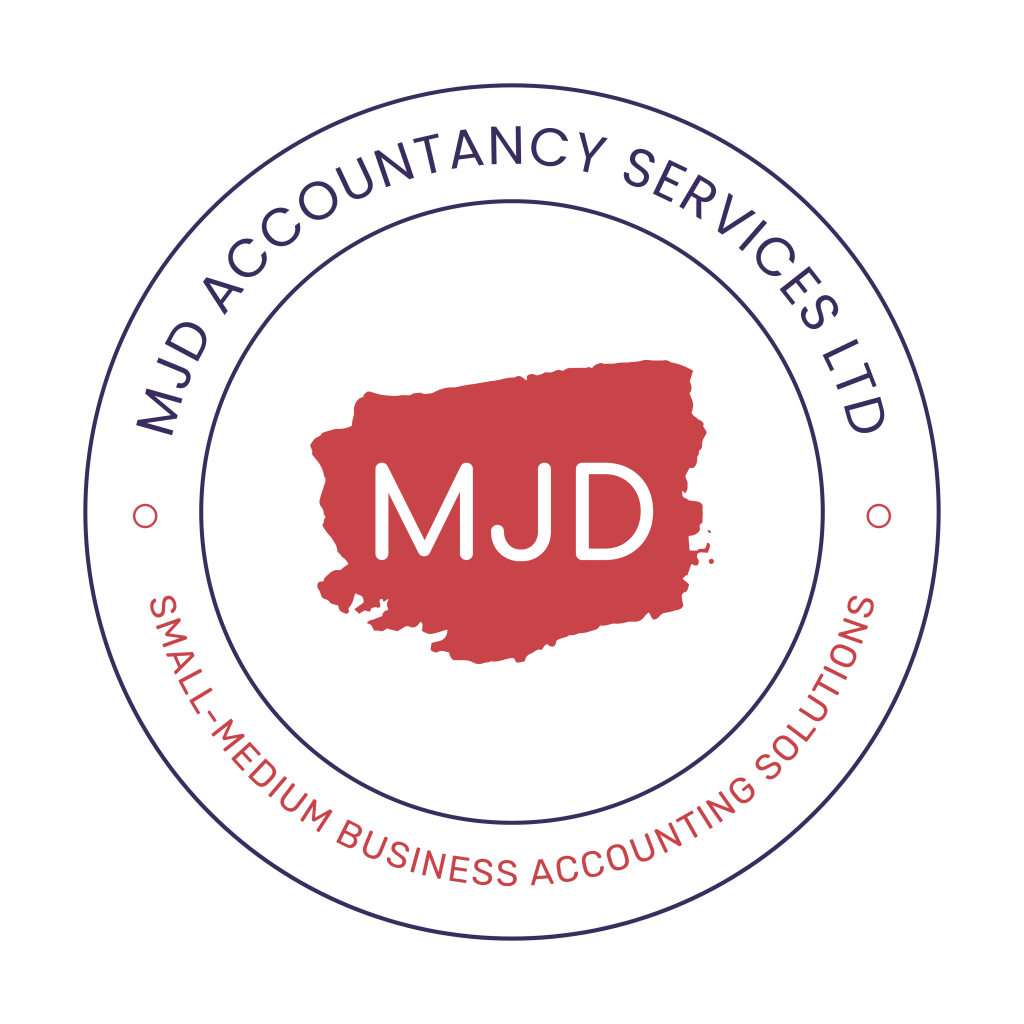If you are looking to form a Limited Company there are many different factors to take in to account to ensure that your business is set up in the most tax efficient way. Although a Limited Company will give you protection of your personal assets, it may not necessarily be the most tax efficient vehicle for your business.
Let us look at your situation to determine the best way forward. If that is to form a Limited Company, we can have you up and running in just a few hours in most cases.
Benefits of forming a Limited Company
A limited company has its own legal identity. So, customers and suppliers are contracted with the company and not the individual directors or shareholders. Unlike a sole trader, multiple people can take an ownership stake in a company by the allotment of shares. It’s possible for the directors and shareholders involved with the company to change over time.
A company’s existence will only cease if it is formally dissolved, liquidated, or ended by other order of the courts or Registrar of Companies. Amongst other benefits, this can provide more perceived security for employees than other business structures.
The shareholders’ liability for the debts, losses or legal claims of the business are limited to the amount paid for their shares plus, if they have any, the unpaid amount on any nil or partly paid shares. This contrasts with the situation for partnerships and sole traders, where there is potentially unlimited personal liability. Your personal assets, such as your private residence and savings, could be at risk to settle debts of the business.
A limited company can therefore allow you to take a calculated business risk without the prospect of losing everything. Limited liability is always valuable, but particularly so when you are providing high value supplies or undertaking services that could lead to liability claims. The one major exception is in cases of fraud, where the personal liability of directors is unlimited.





